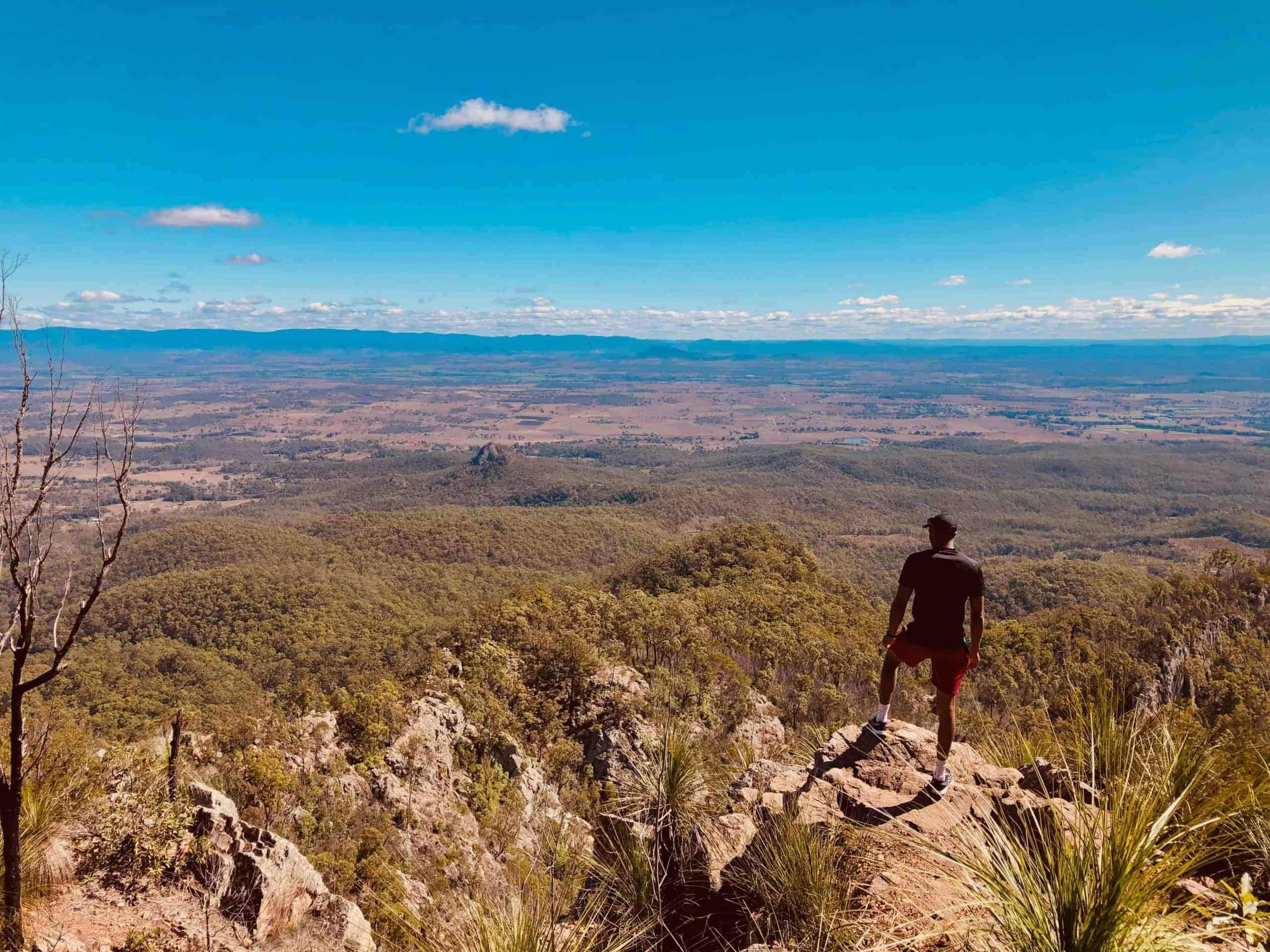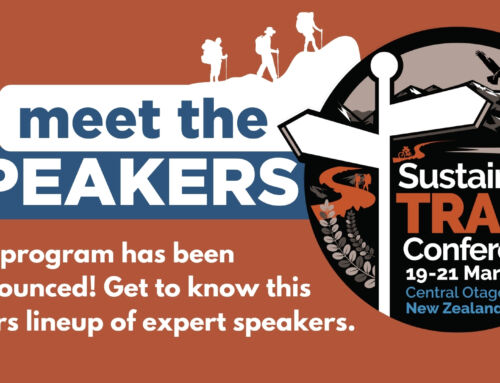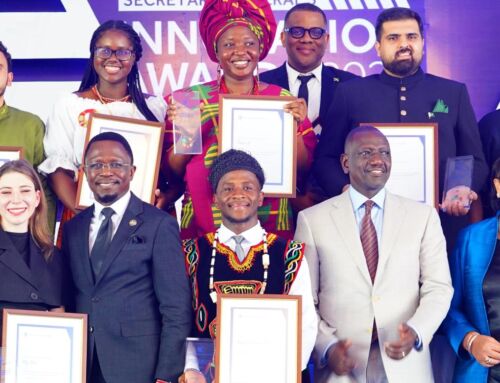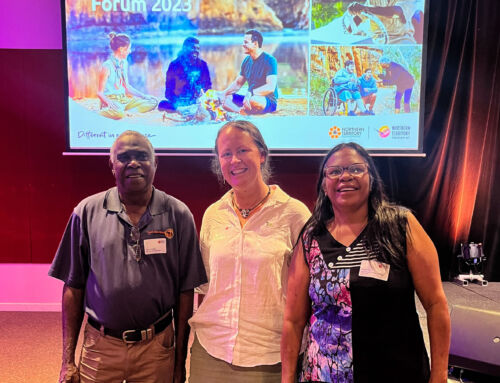Sustainable tourism is now an imperative focus for operators and communities. Major disruptions such as pandemics, climate change and new technology are influencing the way people feel about tourism, the way visitors are making decisions and the way industry responds to these changing expectations.
As connected global citizens, we are much more likely to seek out experiences which positively contribute to the people and places we choose to visit. How is your community taking notice of the shift toward sustainable tourism and making the most of what it has to offer?
What is Sustainable Tourism Planning?
Sustainable tourism planning is about finding the right balance between the needs of people and places. It involves clearly defining purpose, vision, and a point of difference or identity for your community. This form of destination planning in our communities enables us to think long-term, to be adaptable and proactive with changing target markets, trends and crisis like the Covid-19 pandemic. It also ensures we allocate resources appropriately while building local communities sustainably and ethically. Sustainability is at the heart of this approach to tourism planning, which benefits people and locations socially, economically, culturally and environmentally.
Planning with purpose is about prioritising the benefits tourism can provide for everyone and amplifying the quality of tourism over the quantity of tourism. It’s about maximising the quality of life for communities, protecting ecosystems, cultures, and the quality of experiences offered for visitors.

Our Top Sustainable Tourism Planning Tips:
- Use evidence to support decision making and let go of traditional approaches to your destination planning
- Articulate a strong united vision amongst your community, government and industry
- Identify the benefits you want to see in your area
- Focus on environmental and cultural advocacy and stewardship
- Connect with local Indigenous communities through purposeful engagement to capture their aspirations and further build the destination’s value proposition
- Build capability and strong, resilient local communities
- Seek out new products and experiences for ethical development opportunities
- Create new opportunities for investment and business development
- Collaborate with new partners and consider new organisational structures to get the best result
- Monitor and evaluate the environmental, social, cultural and economic benefits of tourism
- Consider risks and prepare for managing crisis and change.
Benefits of Sustainable Tourism Planning
Aside from attracting more interest in your community, your plan can extend across different sectors and attract the following benefits for your region:
- A good sustainable tourism strategy can preserve cultural and natural heritage for the benefit of locals and tourists alike
- The right planning can increase income thanks to tourist spending
- Planning for sustainable tourism allows you to implement strategies that increase people’s awareness and understanding of different cultures and ecosystems
- The money generated from the tourism industry can fund the construction of new infrastructures like educational and cultural centres that are of benefit to your community and to visitors.
The Bottom Line: The Importance of Sustainable Planning
Balancing the needs of the community with those of visitors is critical to protecting the very nature and culture of the places that make our world so special. This method of strategic, ethical tourism planning ensures you can maximise the benefits without causing disruption to local communities and leaving a negative mark on the region. READ MORE

Our Approach to Sustainable Tourism
Instead of thinking about how much value we can extract from experiences and places, at TRC Tourism, we focus on how many benefits we can create from tourism for the people and the places we love.
We provide support to communities with sustainable tourism planning services spanning sustainable destination planning, experience and product development, feasibility studies and business planning, indigenous tourism planning, and eco accreditation. From feasibility studies for wilderness trails to destination management plans and indigenous tourism programs, check out the hundreds of projects we’ve worked on for more than 20 years.
Ready to Explore Sustainable Tourism Planning for your Community?
Contact us today to see how we can take your destination and experience to the next level.
TRC is committed to the application of the United Nations Sustainable Development Goals (SDGs) and the New Zealand Tourism Sustainability Commitment. TRC is a member of the Global Sustainable Tourism Council (GSTC), and our team holds GSTC Professional Certificates in Sustainable Tourism. Our team of sustainable tourism practitioners provide practical advice on how to maximise the social, economic, environmental and cultural benefits of tourism.






